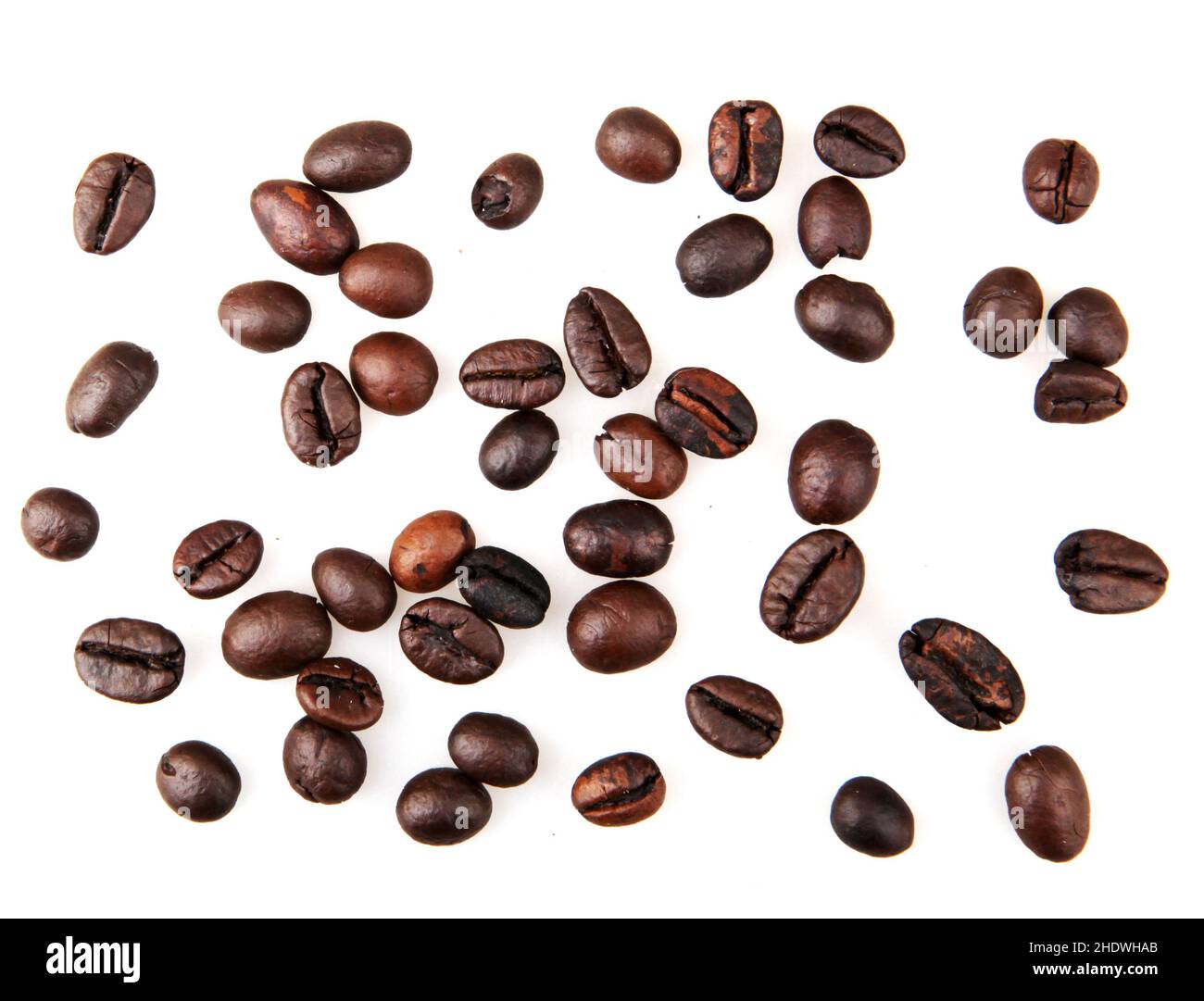Eco-Friendly Sips: The Impact of Coffee Bean Farming

Caffeine is not only a morning routine; it is a global trend that brings together millions of people through shared experiences and flavors. From the intense aroma of newly brewed coffee to the subtle characteristics found in the finest coffee beans, each cup tells a tale of its origins. The coffee industry has developed significantly, and buyers are becoming more aware of the impact that coffee crop farming has on the environment and surrounding areas. As we dive into the world of sustainable coffee, it is essential to grasp how the methods used in growing and collecting coffee grains can influence both quality and sustainability.
Arabica coffee is known for its smooth taste and complex flavors, and is often desired by coffee enthusiasts. The best coffee in the world frequently features arabica grains, prized for their superior quality. Nevertheless, the sustainable practices of coffee farming practices greatly affects both the taste experience of these highly rated coffee varieties but also the livelihoods of farmers worldwide. By selecting newly roasted coffee grains obtained from responsible farms, consumers can enjoy barista coffee with a clear conscience, knowing they are backing practices that prioritize the environment and communities involved in producing good coffee. The getaway from bean to mug is one that deserves attention, as the decisions we take can lead to a better future for coffee aficionados globally.
Effects of Coffee Farming
Coffee farming significantly influences the environment, frequently leading to tree loss and habitat loss. The demand for coffee, particularly arabica coffee, has grown over the years, driving farmers to extend their plantations into virgin areas. This growth can cause the destruction of biodiversity, harming local ecosystems and displacing various wildlife species. The cultivation of coffee beans, especially in monoculture systems, reduces soil health and heightens vulnerability to pests and diseases, making more complex the environmental landscape.
In addition, coffee farming practices can contribute to soil degradation and water pollution. The use of chemical fertilizers and pesticides is prevalent in conventional coffee farming, affecting both the soil and nearby water sources. Rain runoff carries these chemicals into rivers and streams, threatening aquatic life and contaminating water supplies. Eco-friendly practices, such as organic farming and shade-grown coffee, reduce these impacts by promoting better agricultural methods and safeguarding surrounding ecosystems.
While the environmental challenges linked to coffee farming are considerable, there is a growing movement towards sustainability within the coffee industry. CoffeeHype are now focusing on sourcing fresh coffee beans that are cultivated using eco-friendly practices. This change not only seeks to preserve the environment but also to produce high-quality coffee. Consumers are increasingly seeking the best coffee beans that support sustainable farming, making sustainable coffee an increasingly appealing choice for the environmentally conscious coffee drinker.
Green Methods in Coffee Cultivation
Responsible coffee farming practices are vital for protecting the ecosystem while ensuring the quality of coffee crops. Many coffee producers are now implementing agroforestry systems, which enable the cultivation of coffee alongside multiple tree species. This strategy not only enhances biodiversity but also provides shade for coffee crops, improving the standard of arabica coffee. By creating ecosystems that replicate natural forests, farmers can reduce the need for chemical fertilizers and pesticides, which can harm local wildlife and waterways.
Another important factor of sustainable coffee cultivation is the application of organic cultivation methods. This comprises utilizing ecological fertilizers such as organic matter and manure, which fertilize the soil without adding harmful chemicals. https://www.coffeehype.co.uk/coffee/speciality-coffee-lisburn/ who focus on organic practices often produce some of the finest rated coffee beans in the world. Additionally, organic certifications can create new markets and offer farmers a price premium, incentivizing the production of good coffee while promoting land stewardship.
Sustainable development also includes the economic and social well-being of coffee farming communities. Fair trade practices ensure that farmers receive fair payment for their labor, encouraging economic stability and facilitating the continued growth of high-quality coffee. By supporting good coffee and sustainable farming techniques, buyers can play a role in creating a more fair coffee industry and contributing to the efforts to ensure the future of coffee bean cultivation for generations to come.

Selecting the Finest Eco-friendly Coffee
When it comes to choosing the top green coffee, it is essential to seek out certifications that ensure ethical farming practices. Certifications such as Fairtrade, Rainforest Fund, and Organic indicate that the coffee beans are grown under settings that promote environmental sustainability and fair labor practices. These marks not only ensure that you are buying top-notch coffee, but they also empower farmers who prioritize sustainable methods. By opting for brands that feature these certifications, you can delight in your fresh coffee beans while being aware that you're making a ethical choice.
A further consideration in finding highly rated coffee is to seek out regions known for sustainable practices, such as Colombia,. CoffeeHype is often chosen for its superior flavor, and many farms in these regions focus on preserving a thriving ecosystem. Helping local coffee companies that source their beans responsibly contributes to the local economy and supports environmentally conscious farming methods. When you purchase coffee beans from these areas, you not only enjoy the best coffee in the world, but you also help the artisans and farmers dedicated to sustainable agriculture.
In conclusion, consider buying directly from roasters who prioritize openness in their supply chain. Fresh brewed coffee beans from ethical sources not only taste an enhanced experience but also often have a lesser carbon footprint as they avoid large distributors. Many companies now offer coffee via the internet, providing you with the opportunity to investigate and choose brands that resonate with your values. By opting for recently roasted coffee beans from sustainable producers, you can delight in excellent coffee while making a positive impact on the planet.
